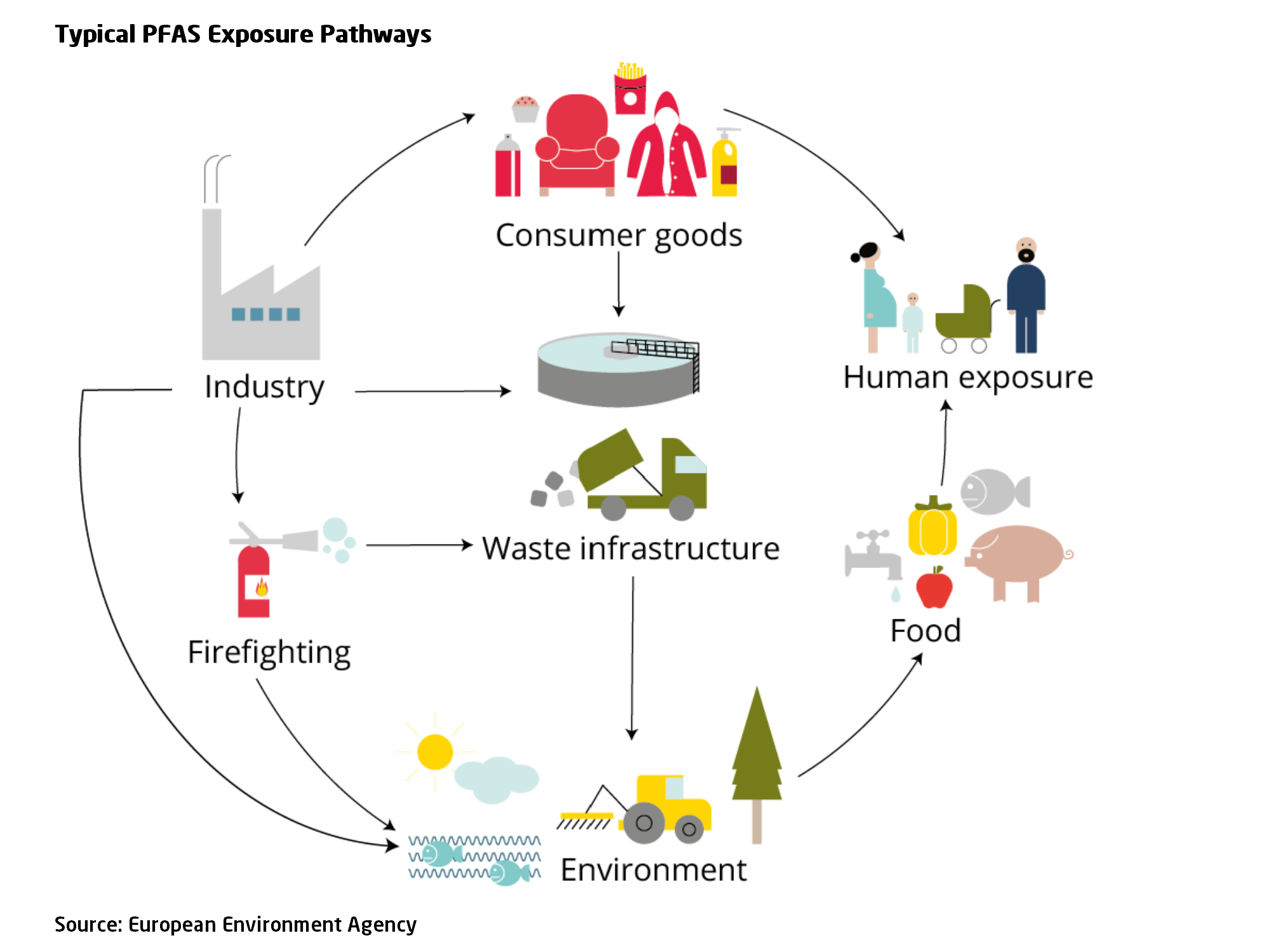Do you know that you are likely to come into contact every day with the forever chemicals - per- and polyfluoroalkyl substances (PFAS)?
PFAS are a diverse group of some 5,000 human-made chemicals used in a wide range of consumer and industrial products. Many PFAS are resistant to grease, oil, water, and heat and are found in everything from food packaging to waterproof jackets to stain-resistant carpets to non-stick cookware sold at popular retailers. Their widespread use is further fueled by their non-stick properties.

However, PFAS contain carbon-fluorine bonds, which are one of the strongest chemical bonds in organic chemistry. Their ability to remain intact in the environment for hundreds or thousands of years is wreaking havoc on our health and communities. Accumulation of certain PFAS has been shown through blood tests to occur in humans and animals. A growing number of scientific research has found links between exposure to PFAS and health problems including cancer, increased cholesterol levels, pregnancy-induced hypertension, liver damage, reduced fertility, and increased risk of thyroid disease. The forever chemicals can also weaken our immune system, making us more vulnerable to infectious diseases such as COVID-19.
The good news is that multiple stakeholders are taking action to eliminate or reduce the use of PFAS. Regulations to reduce PFAS pollution are in place, mainly addressing well-known PFAS substances and their precursors including PFOS and PFOA. Consumers may reduce exposure to PFAS by using consumer products from green labels and buying brands free from PFAS. The move towards zero pollution requires that product life cycles are made safer from the start and consumers can exercise their influence by choosing safer and better products free from PFAS.
Retailers are leveraging their market power to reduce and eliminate PFAS in food packaging, textiles and other products in favor of safer alternatives.
https://www.greenbiz.com/article/more-retailers-are-saying-no-forever-chemicals
 unknownx500
unknownx500
















